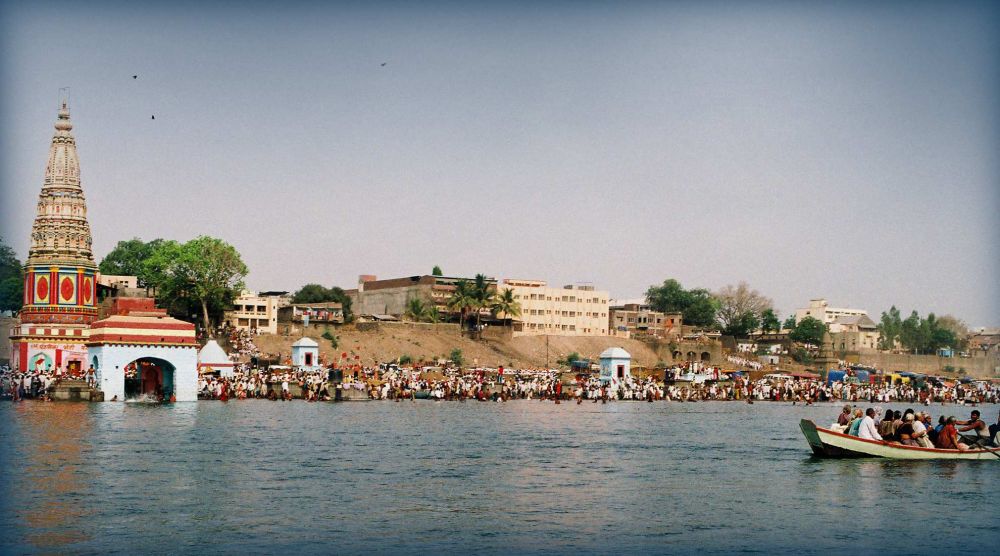

Solapur, a city located in the south-western region of the Indian state of Maharashtra, has a rich historical and cultural legacy that contributes to its tourism narrative. The history of tourism in Solapur is not documented extensively as compared to other Indian destinations, but its various attractions have long been of interest to travelers with a penchant for history and spirituality.
Historically, Solapur has been known for its religious significance, serving as a hub for Hindu and Jain pilgrims. The city's name may have been derived from "Sola" meaning sixteen, and "Pur" meaning village, which may refer to the sixteen villages surrounding Solapur. The presence of temples such as the Siddheshwar Temple—a site for an annual fair which attracts devotees from across India—has been central to the city’s appeal, attracting visitors and pilgrims over the centuries.
During British colonial rule in India, Solapur attracted attention due to its involvement in the Indian freedom struggle. This historic significance augmented the city’s tourism profile as people started to visit for both educational and remembrance purposes. Historical sites related to the Indian independence movement still remain points of interest.
After India’s independence in 1947, Solapur began to witness slow but steady growth in tourism, primarily due to its historical and religious sites. Notably, the city is also famed for its textile industry, particularly the production of towels and bed linen, which has contributed economically more than it has to tourism.
In recent years, Solapur municipality and the Government of Maharashtra have initiated efforts to boost tourism. For example, the development of the "Solapur Mega Tourism Circuit" was announced, aimed at enhancing the city’s infrastructure to cater to tourists and to promote its heritage sites.
The latest tourism trend in Solapur focuses on a holistic approach, combining historical tourism with wellness and spiritual tourism. The city boasts numerous resorts and spas that utilize its historical backdrop for a serene and culturally immersive experience. With this, there has been a noticeable increase in domestic tourism, with visitors seeking an offbeat experience away from the more commercialized cities.
The history and the ongoing development of tourism in Solapur reflect its potential to become a multifaceted destination. The focus on culture, history, spirituality, wellness, and the uniqueness of its local industries, like handloom weaving, give Solapur a compelling tourism narrative that continues to evolve, inviting visitors to explore its depth and diversity.